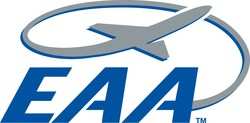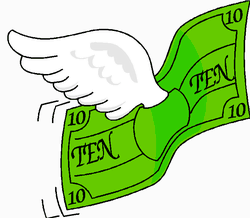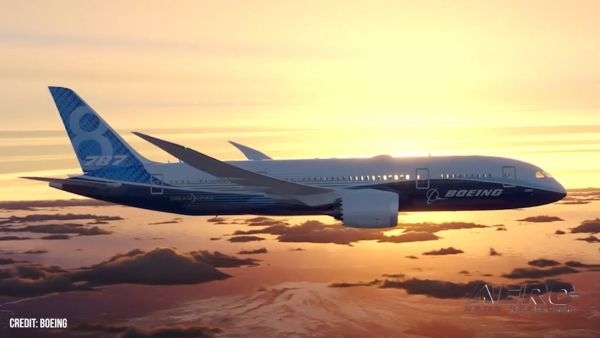Tue, Feb 06, 2007
 What the Experimental Aircraft
Association (EAA) and other general aviation groups had been
predicting for months became fact today, as user fees were a
centerpiece of the Fiscal Year 2008 budget request from the U.S.
Department of Transportation and the Federal Aviation
Administration.
What the Experimental Aircraft
Association (EAA) and other general aviation groups had been
predicting for months became fact today, as user fees were a
centerpiece of the Fiscal Year 2008 budget request from the U.S.
Department of Transportation and the Federal Aviation
Administration.
EAA immediately reiterated its strong opposition to any user
fees, as the budget proposal includes the framework to establish a
user-fee program for various aviation services; a nearly four-fold
increase in the fuel tax paid by general aviation operators (avgas
and autogas); and a series of fees for access to the nation's
busiest airports. It would also transfer control of agency funding
and oversight away from Congress and dramatically reduce public
control of how the FAA exercises its discretionary spending.
"DOT and FAA have attempted to distract from the user fee issue in
their public statements by saying that revenue from general
aviation would continue to be collected via a fuel tax, but they
failed to acknowledge that the fuel tax would be increased
dramatically and a whole series of user fees would be implemented
for FAA services that today do not carry a charge," said Doug
Macnair, EAA Vice-President of Government Relations.
 "EAA remains categorically opposed
to user fees. Such a system will not enhance safety, it will not
improve services, and it will add barriers for thousands of
recreational aviators while being a costly burden to the federal
government."
"EAA remains categorically opposed
to user fees. Such a system will not enhance safety, it will not
improve services, and it will add barriers for thousands of
recreational aviators while being a costly burden to the federal
government."
The budget proposal calls for increased and or the establishment
of fees for aircraft certification and registration, as well as
appointment and designation of designees such as those used to
certificate amateur-built aircraft and light sport aircraft, and
airman medical certificates.
While EAA has strong indications of what the Bush Administration
is proposing, the details of the new user fee and tax hike
proposals will become publicly available when the FAA
reauthorization bill is submitted to Congress in mid-February. EAA
and the other general aviation groups will continue to fight this
effort to burden individual aircraft owners with this new
expense.
"It is an ironic twist that while DOT Secretary (Mary) Peters
said the budget proposal as a whole will 'help get our freedom
back' in the nation's transportation infrastructure, it severely
threatens the freedom of our country's general aviation community,"
Macnair said.
More News
Klyde Wonders If The 'New' SouthWest Can 'Out-Spirit' Spirit... FMI: www.klydemorris.com>[...]
From 2012 (YouTube Edition): Extensive Expertise in Backup Solutions Makes MCIA Uniquely Qualified In This Market There's no such thing, in aviation, as TOO much caution... hence t>[...]
Aero Linx: Historic Aircraft Association (HAA) The Historic Aircraft Association (HAA) was founded in 1979 with the aim of furthering the safe flying of historic aircraft in the UK>[...]
Jamming Denotes emissions that do not mimic Global Navigation Satellite System (GNSS) signals (e.g., GPS and WAAS), but rather interfere with the civil receiver's ability to acquir>[...]
"Respectfully, U.S. and European airlines should not be even contemplating the future purchase of airplanes from Chinese military companies...” Source: US Representative Raja>[...]
 Klyde Morris (05.02.25)
Klyde Morris (05.02.25) Classic Aero-TV: Introducing The MD302--Mid-Continent's Standby Attitude Module
Classic Aero-TV: Introducing The MD302--Mid-Continent's Standby Attitude Module ANN's Daily Aero-Linx (05.04.25)
ANN's Daily Aero-Linx (05.04.25) ANN's Daily Aero-Term (05.04.25): Jamming
ANN's Daily Aero-Term (05.04.25): Jamming Aero-News: Quote of the Day (05.04.25)
Aero-News: Quote of the Day (05.04.25)




